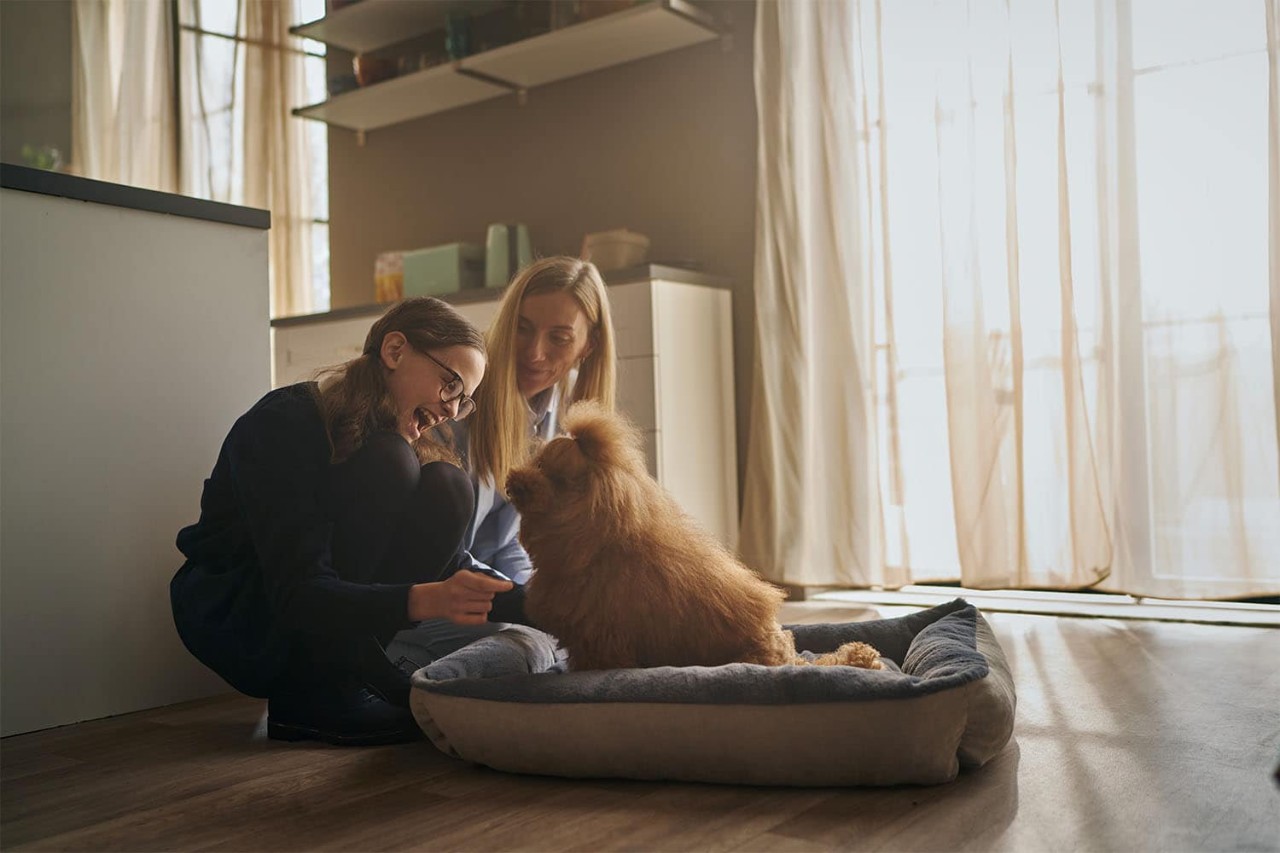By Angela Hickey, February 2023
A well behaved, well trained dog is a joy to be with, but we dog owners need to take on the challenge of encouraging this good behaviour in our dogs from day one, and throughout their lives.
1 Start Early and choose well:
It is vital to prepare in advance and choose the type of dog best suited to you and your lifestyle and environment. Research well about different breeds/types and their needs so that you and your new dog will be a good match and create a strong, affectionate bond.
2 Train well:
Seek advice or attend local dog training classes for support and guidance. A new pet needs daily, dedicated, calm time with you to learn basic training and appropriate behaviour. This will involve behaviour around toileting, playing, mouthing/biting, jumping up, being alone, being fed, socialising with other people, meeting other dogs, basic commands such as ‘sit’, ‘stay’, etc. New challenges may arise throughout the lifespan of your pet so watch for any problematic behaviour and get advice on how to modify it.
3 Always reward positive behaviour:
Rewards, whether treats, praise, a pat on the head, a favourite toy, will always help to re-inforce the behaviour you want your dog to achieve. Punishment has no place to play in training as it introduces a fear based response in your dog which damages the bond with you.
4 Prepare and Predict:
You are ultimately responsible for your pet’s behaviour so it’s important to take time to consider any likely problems that could arise and how to prevent them, or indeed prepare for them. For example, if attending a child’s birthday party or any family gathering make sure that your pet is fully under your control and is calm. Especially if allowing your dog to have close contact with children or people fearful of dogs.
If your pet needs some freedom off the lead in an outdoor environment make sure their recall is dependable or else keep them on a long, extendable lead.
A good idea is to visit your local vet in advance of any illness or so that your dog can become familiar with different smells and being examined there. Practice handling ears, eyes, paws etc. at home so your pet is used to it.
The expected arrival of a new baby in a household, or the death of a family member or another pet can have an effect on your dog’s emotional state so make allowances, prepare and seek help if needed from your vet or a Behavioural Therapist.
5 Meet Needs:
Make sure that all your pet’s needs are being met so that they are fit, healthy and pain free and have a good sense of well-being. Regular health checks (once or twice a year and more often as your pet ages) is a good way to pick up on early signs of arthritis, back pain, internal problems ( heart, liver, kidneys etc.), or even a toothache. Behavioural problems like aggression can often be caused by physical pain so a full physical exam and maybe some blood tests may be needed to rule that out.
Meet your dog’s need for adequate exercise daily and mental stimulation with toys, puzzle feeders and play, etc. to avoid boredom or separation anxiety.
Meeting your dog’s need for cuddles and affection, along with exercise, play etc. will also meet your needs for the same, leading to a general sense of wellbeing and contentment and a good strong human-animal bond.
Information correct as of date of publishing. This blog will not be updated or edited so the information may become outdated.





